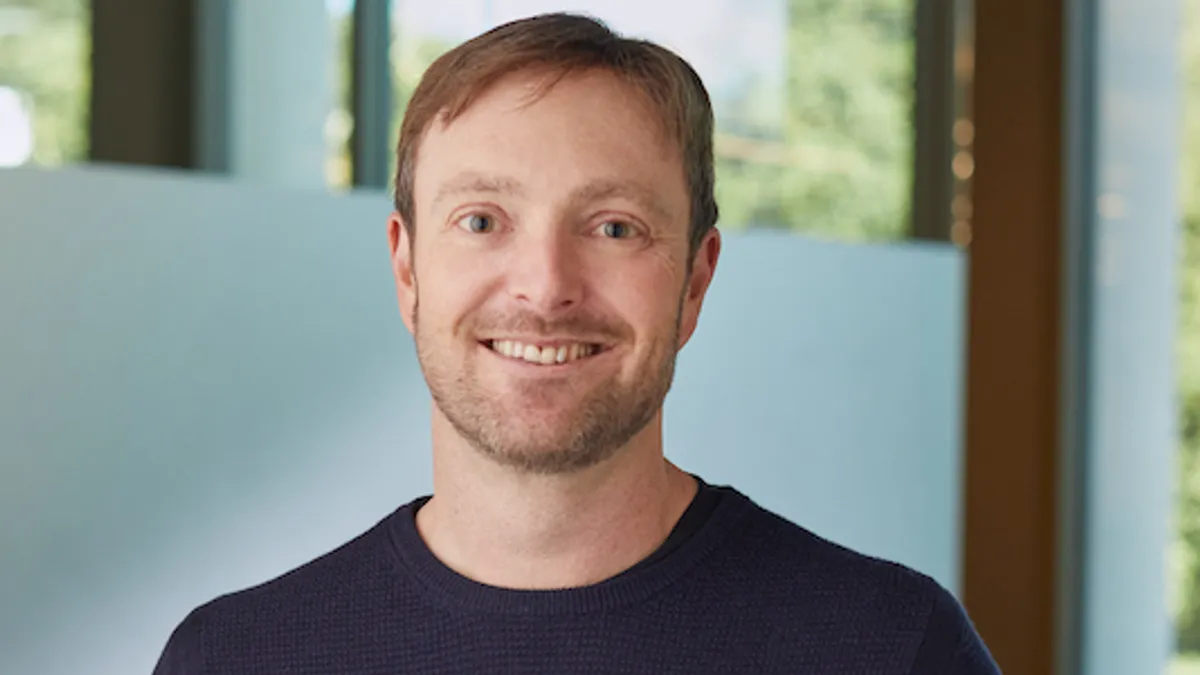Dive Brief:
- Still in his first year leading the company, PayPal CEO Alex Chriss on Thursday promised a handful of upgrades for the company’s namesake payments tool, designed to better serve its nearly approximately 400 million consumer users as well as its 35 million merchants worldwide.
- The company plans to speed up check-outs by using biometrics to sign consumer users into its payment system, or by way of a guest checkout, both of which will be able to bypass password hurdles. It’s also planning to automatically offer a receipt to users that will promote follow-on purchases and cashback offers.
- “These are the biggest changes to the PayPal app in a decade,” Chriss said in a Youtube video Thursday explaining the new strategies. Some of the changes are being piloted already.
Dive Insight:
Chriss, who took the CEO role from former long-time leader Dan Schulman last September, promised more profitable growth last year, but this week was his first extensive stab at showing how the company plans to make headway under his stewardship.
The San Jose, California-based company provides payment capabilities for about a quarter of the world’s $6 trillion in e-commerce annually, Chriss said.
In addition to expediting the check-out experience and automatic receipt with promotions, the company also plans to tap purchase data, as opposed to more general browser information, in determining what goods or services to pitch to consumers. The company will also use artificial intelligence to make purchase offers. Users will see “more relevant offers,” Chriss said.
“We're giving merchants the ability to reach customers based on what they've actually bought across the internet, down to the SKU, down to an individual product,” Chriss said. “This is specific merchant data from nearly half a trillion dollars worth of merchant transactions globally.”
PayPal will offer up to 5% cash back on transactions when consumers buy goods at certain retailers and service providers, including Walmart, McDonald’s, BestBuy and Uber, the video presentation showed. If users make purchases using PayPal’s cashback Mastercard credentials, they’ll be eligible for another 3%, Chriss said.
The company is also making changes to its Venmo app, a peer-to-peer app that the company acquired more than a decade ago. It has remained somewhat disconnected from the company’s other payments operations and analysts have long wondered how the company will better monetize Venmo.
With coming upgrades to Venmo, small and mid-sized businesses using the app will be able to offer customers a subscribe button, cashback offers and more social media functionality, Chriss said. The Venmo app has about 90 million active user accounts and three million merchant profiles, he said.
Analysts remained skeptical, and are likely to be waiting to see how the changes improve PayPal’s sagging profit margins and sluggish growth pattern in recent years. “We will be looking for proof-points through the year to determine the level of incremental monetization,” RBC Capital Markets analyst Daniel Perlin said in a note to investor clients Thursday.
Generally, there is a show-me-the-money attitude among investors, according to another analyst. “We think some investors were expecting medium- and long-term financial targets along with this presentation, and targets weren't provided,” said Oppenheimer analyst Dominick Gabriele in a note to his clients Thursday.
Correction: Story has been updated to say PayPal has 35 million merchant accounts.











